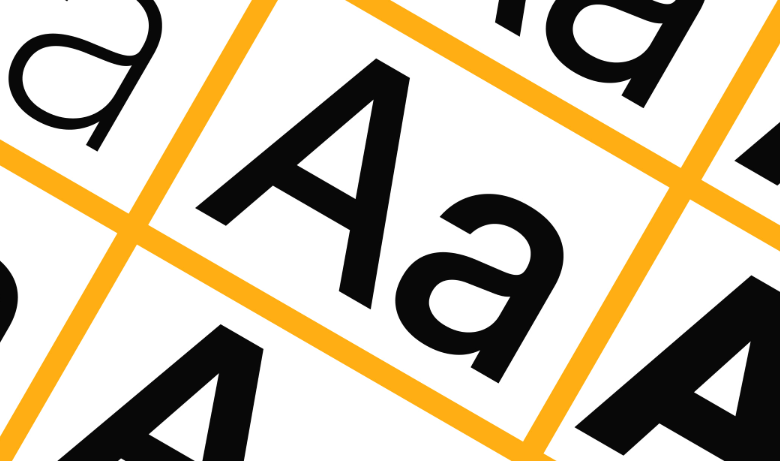How to Choose Professional Fonts for a Polished and Effective Design

Typography plays a pivotal role in design, shaping how audiences perceive a brand, product, or message. Professional fonts are essential for creating a polished, credible, and cohesive look in any design project. Unlike decorative or playful fonts, professional fonts convey authority, clarity, and sophistication, making them ideal for corporate branding, presentations, marketing materials, and formal communications. Choosing the right professional font ensures your message is not only readable but also visually compelling.
Common Uses of Professional Fonts
Branding and Corporate Identity
Professional fonts establish a consistent and credible brand image. Companies in finance, law, healthcare, and technology often rely on professional fonts to convey authority and trust. Consistent use of a professional font across logos, websites, packaging, and marketing materials reinforces brand recognition.
See also: The Power of Barcode Scanners in Streamlining Business Operations
Presentations and Reports
In business presentations and reports, professional fonts enhance readability and maintain a polished appearance. Clear headings, subheadings, and body text make information accessible and easy to digest for the audience. Pairing serif and sans-serif fonts in presentations can create a visual hierarchy that guides the viewer’s attention.
Marketing and Advertising
Professional fonts are crucial in marketing campaigns to convey a brand’s credibility and message effectively. Whether used in digital ads, social media posts, or printed materials, these fonts ensure that the design communicates authority while remaining visually appealing.
Best Practices for Using Professional Fonts
Limit the Number of Fonts
Using too many fonts can make a design appear chaotic and unprofessional. Stick to one or two professional fonts for consistency. Typically, one font is used for headings and another for body text to create hierarchy and visual balance.
Establish a Clear Hierarchy
Professional fonts should help organize information. Headlines should be bold and noticeable, subheadings slightly smaller, and body text clear and readable. Proper font hierarchy ensures that the audience can easily navigate and understand the content.
Consider Pairing Options
Pairing fonts effectively can enhance a professional design. Common approaches include combining a sans-serif font for headings with a serif font for body text or using different weights of the same font family to create contrast. The key is to maintain harmony and readability.
Optimize for Readability Across Mediums
Professional fonts must remain legible in all formats. Test your chosen font on print, web, and mobile screens to ensure clarity. Adjust letter spacing, line height, and weight to maintain consistency and readability in every context.
Choosing Fonts That Reflect Your Brand
Selecting a professional font is not just about aesthetics; it’s about aligning with your brand’s identity and values. Modern, minimalist fonts may suit tech startups, while traditional serif fonts might better reflect law firms or financial institutions. Understanding your audience and the tone of your message helps in choosing a font that strengthens credibility and builds trust.
Conclusion
Professional fonts are an essential element of effective design, providing clarity, credibility, and consistency. By selecting fonts that are readable, versatile, and aligned with brand identity, designers can create polished and impactful projects. Following best practices—such as limiting font choices, establishing hierarchy, pairing thoughtfully, and testing across mediums—ensures that your typography communicates professionalism and sophistication. Ultimately, the right professional font enhances both aesthetics and functionality, making your design work not only visually appealing but also trustworthy and effective.




